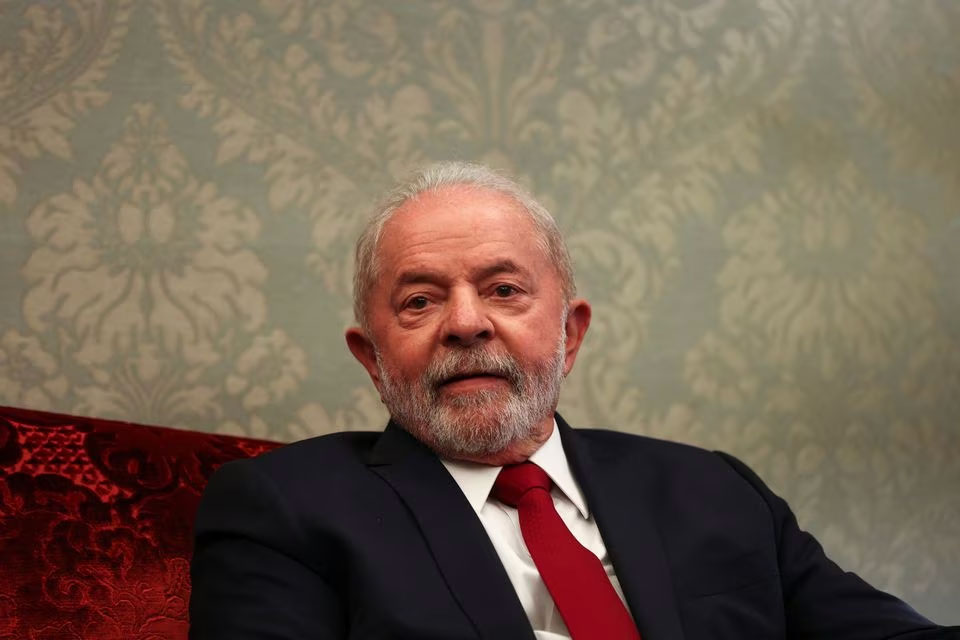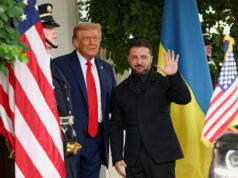
BELEM, Brazil — After a year of talks, COP30 host Brazil on Wednesday laid out a plan to scale climate finance to $1.3 trillion a year and faced several early signs of the testing political backdrop as the Amazonian city of Belem prepares to welcome world leaders.
The near 100-page document, dubbed the Baku to Belem Roadmap, follows months of talks with stakeholders since the close of last year’s event in Azerbaijan.
Providing more finance is central to maintaining trust in multilateral climate efforts as emissions continue to rise, leaving some of the poorest countries at more risk of extreme weather events.
Yet the push to rein in emissions took a fresh knock overnight as the European Union agreed a final-hour deal to cut emissions by 90% by 2040 but only by baking in flexibility that weakens it.
“The EU has made a perilous choice today,” said Jeroen Gerlag, director of the European office at Climate Group. “It’s a disappointing signal of leadership as we go into COP30 next week.”
While the site of the talks remains under construction, the area set aside for the leaders’ speeches was almost ready, with construction crews making last-minute repairs and putting plants and furniture in place.
In another test for Brazil, Britain said it would not commit money at the event to a plan to protect the world’s rainforests, the Tropical Forests Forever Facility – seen as a flagship goal of the hosts that aims to raise $125 billion.
The decision disappointed Brazilian President Luiz Inacio Lula da Silva, sources told Reuters, particularly given Britain had helped create it and Mr. Lula had personally written to Prime Minister Keir Starmer last Friday to request an investment.
Separately, Mr. Lula met with the President of the European Commission Ursula von der Leyen, President of Finland Alexander Stubb, and Ding Xuexiang, vice premier of the State Council of China, to ask for contributions, according to sources who asked to remain anonymous to be able to speak freely.
A GLOBAL BLUEPRINT FOR COOPERATION
As global development aid is slashed, the authors of the Roadmap called it a “blueprint for cooperation and tangible results”.
Mukhtar Babayev, the President of COP29, who helped oversee the Roadmap, cautioned at a press conference that it was important to acknowledge the scale of the challenge.
“We are trying to intervene in the normal functioning of the world economy, we are attempting to direct the forces of global finance. This is an immense task.”
“Success will require great political will. It will need sustained focus, and it will demand relentless action from all of us. Countries simply cannot cut emissions or adapt to rising temperatures if they cannot count on capital,” he added.
Ideas to scale finance include giving more in the form of grants and making it easier for developing countries to access private capital, the report said, while multilateral banks should help ease the debt burden of developing countries and take on more risk themselves.
“The resources exist, the science is clear, and the moral imperative is undeniable. What remains is the resolve to act – to turn the unimaginable into the inevitable, and to make this decade of accelerated implementation the one in which humanity’s response finally matches the scale of its responsibility,” the report said.
Rob Moore, associate director, Public Banks & Development at think tank E3G, said the document “lays down the gauntlet” and set out clearly what was needed.
“For it to have the impact it is capable of, we now need to see governments in wealthy countries and international financial institutions respond and be accountable for delivery. We need to leave COP30 with a plan for turning these words into reality.”— Reuters



